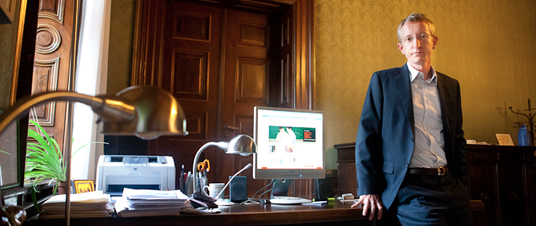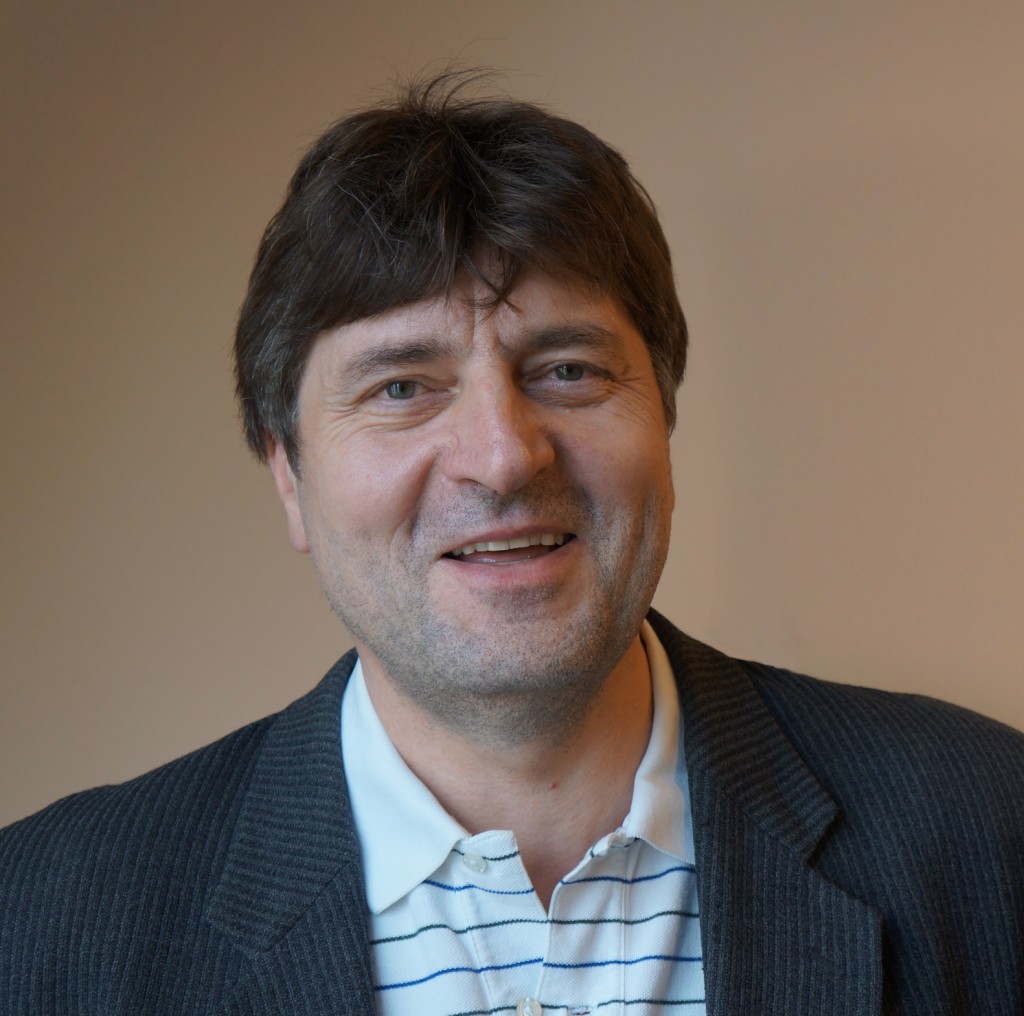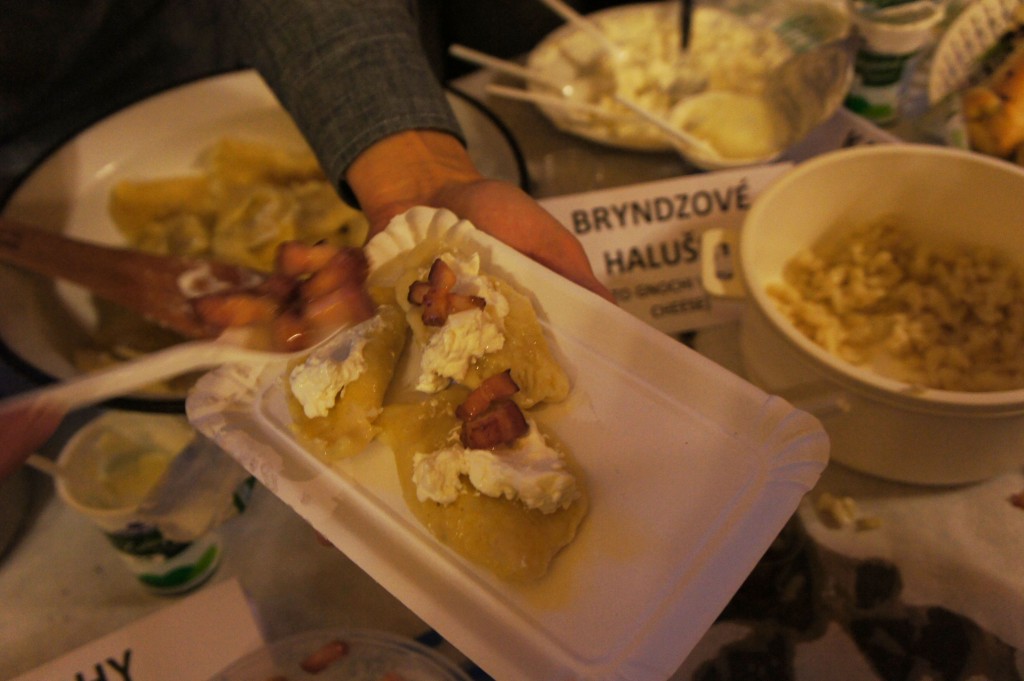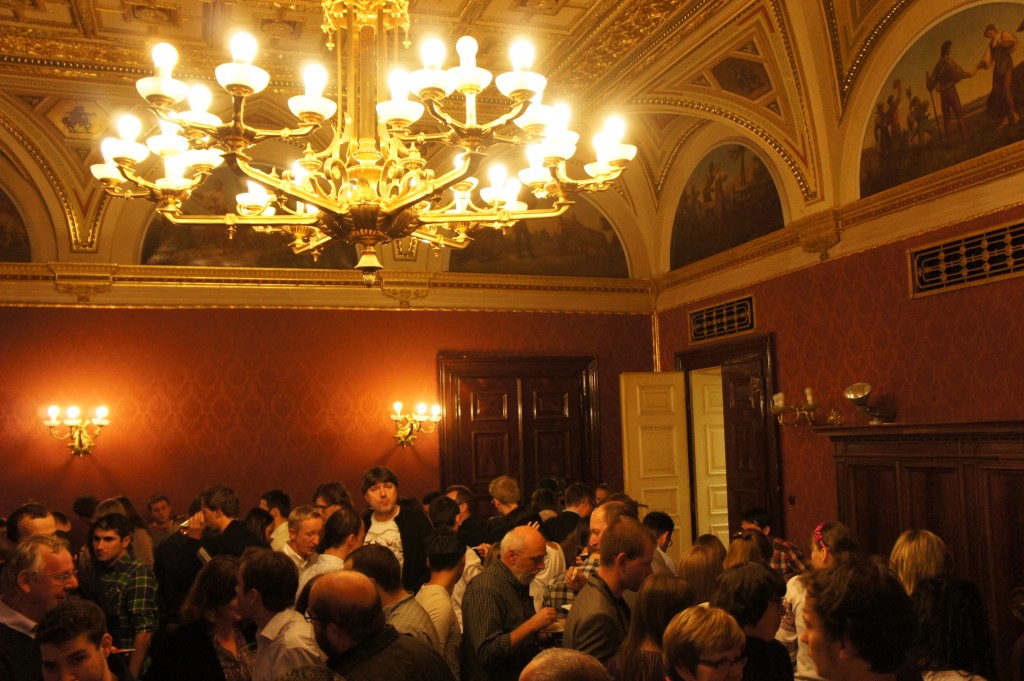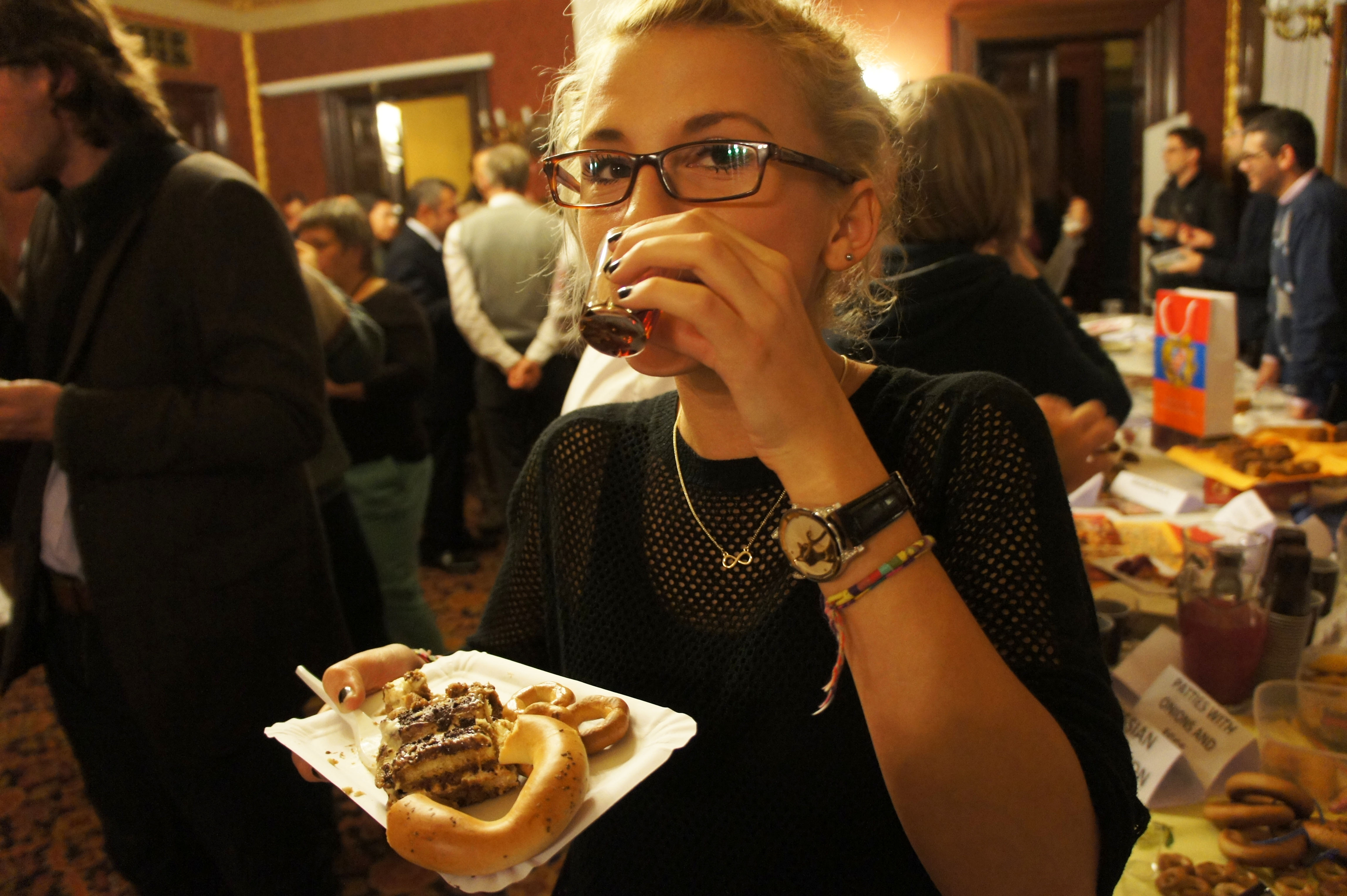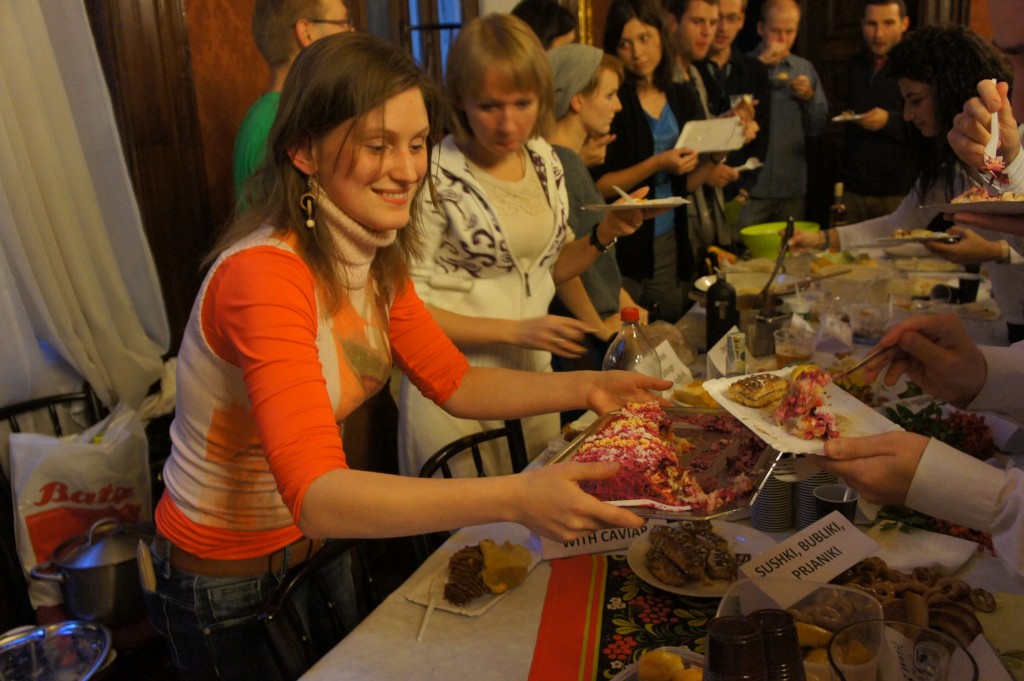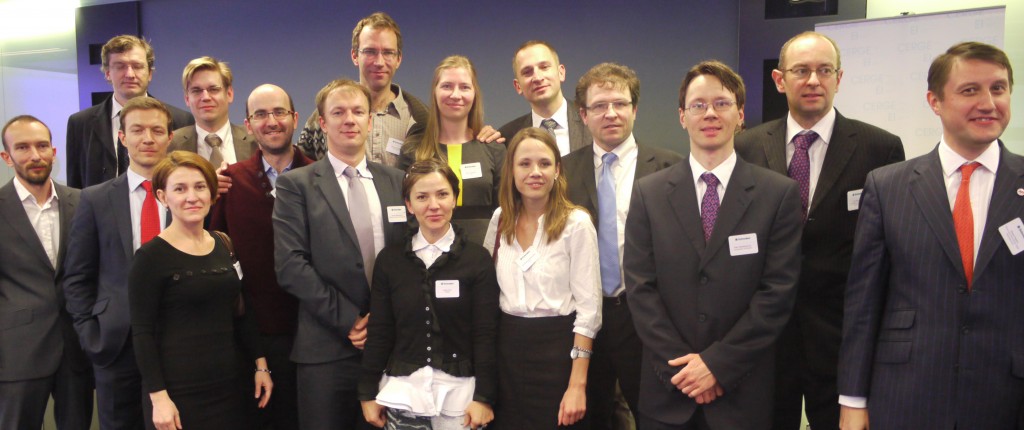 We did it! After several months of careful planning, numerous meetings and Skype calls between London and Prague, we finally did it. On November 28th, we kicked off CERGE-EI’s first ever UK Alumni Event!
We did it! After several months of careful planning, numerous meetings and Skype calls between London and Prague, we finally did it. On November 28th, we kicked off CERGE-EI’s first ever UK Alumni Event!
But make no mistake, this was no ordinary alumni gathering. We wanted an event that would play to the main strength of so many talented CERGE-EI economists: spirited intellectual discussion. With that in mind, we organized a special Panel Discussion and invited experts and special guests to join the debate.
Thanks to Alan Brown (Board member of the CERGE-EI US Foundation) and his enthusiastic support to host the event at Schroders, we could meet in the heart of London, a few steps from St. Pauls Cathedral. Susan Walton, also a Foundation Board member, worked tirelessly to make it all happen. And of course, we all wanted to see each other. Many of us have not seen each other for years and some of us have never met before. Our senior alumni Anita Taçi thus held opening remarks to welcome all the guests in the name of the Alumni Community.
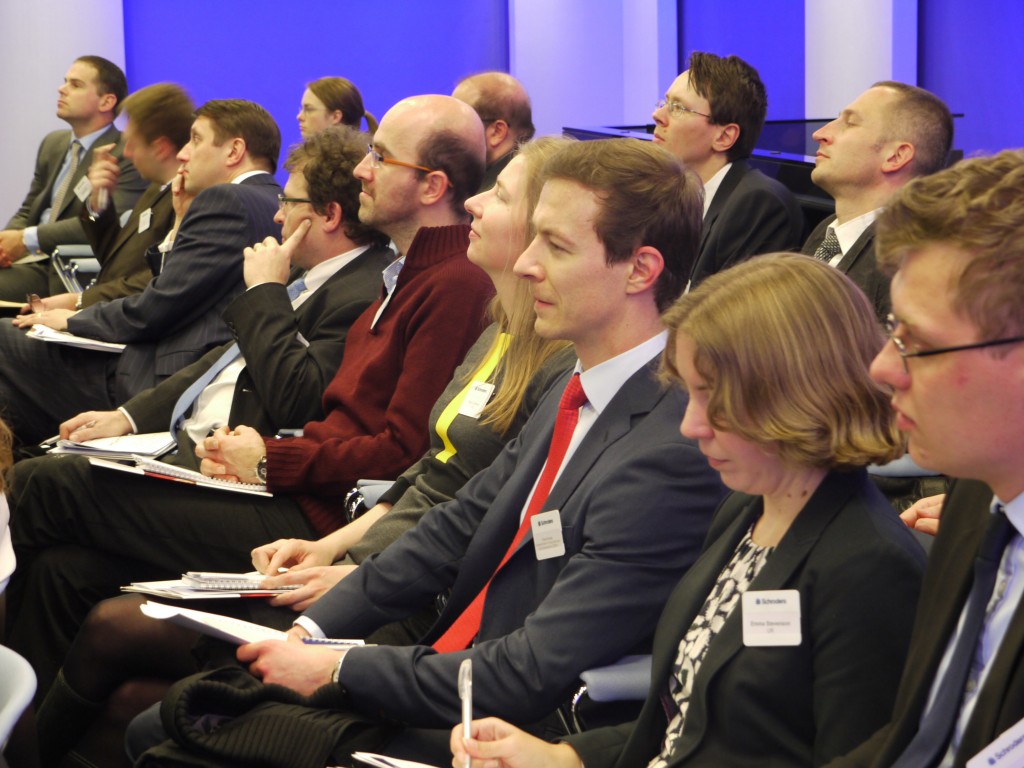
And what have we discussed? The title of the debate was “Is German Discipline Enough?” The Euro is off the front pages – for now. The balance of payments crisis in the periphery is easing, the sense of crisis has abated, and the Eurozone has bought some time. However, we know that the true crisis is not yet over. Before the next shock strikes, what are the prospects that the Eurozone will use the time to establish a Banking Union, and to move towards a proper fiscal Transfer Union? All these issues are truly important for the future of Europe and stability of the old continent. Therefore, our second opening remark was held by Czech Ambassador to the UK, His Excellency, Michael Žantovský, who recalled the ideas of the Czech president, Václav Havel, and related the topic to the problem of leadership and the ideas a leader represents.
With so many esteemed speakers, the panel discussion proved highly provocative. Alan Brown moderated the discussion and introduced all four speakers, who provided different views on the same problem. The first speaker was Petr Zemčík, Director of Economic Research at Moody’s Analytics in London but whom many of us remember from his time as a professor at CERGE-EI. He discussed the role of Germany and suggested that rebalancing the export imparity between Germany and the periphery would not solve the Eurozone’s biggest problems. The missing transmission mechanism and incomplete banking integration means that deposits in different states of the Eurozone have different values, and so the entire system remains fragile.
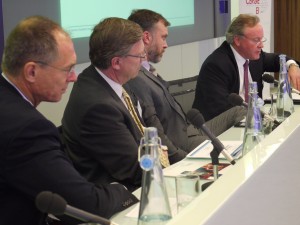 The second speaker was Prof. Jan Švejnar, one of the founders of CERGE-EI and currently the Director of the Center on Global Economic Governance at Columbia University. Prof. Švejnar provided a parallel between the US and the Eurozone. He stressed that recent incomplete integration in the Eurozone is certainly an unstable equilibrium and either deeper integration is needed or the Eurozone must go the opposite direction. Then, John Nugée took the podium. He opened his speech by pointing out that the Eurozone monetary policy is causing a positive feedback for all its countries. The widely discussed internal devaluation of the periphery is not a solution for the Eurozone. He concluded with a logical chain of unions which Europe has to undertake, starting with the currency union and leading through the monetary, banking and fiscal union, on an inexorable march towards full political union. According to Nugée, full political union is the inevitable endpoint on the Eurozone’s path to a stable solution.
The second speaker was Prof. Jan Švejnar, one of the founders of CERGE-EI and currently the Director of the Center on Global Economic Governance at Columbia University. Prof. Švejnar provided a parallel between the US and the Eurozone. He stressed that recent incomplete integration in the Eurozone is certainly an unstable equilibrium and either deeper integration is needed or the Eurozone must go the opposite direction. Then, John Nugée took the podium. He opened his speech by pointing out that the Eurozone monetary policy is causing a positive feedback for all its countries. The widely discussed internal devaluation of the periphery is not a solution for the Eurozone. He concluded with a logical chain of unions which Europe has to undertake, starting with the currency union and leading through the monetary, banking and fiscal union, on an inexorable march towards full political union. According to Nugée, full political union is the inevitable endpoint on the Eurozone’s path to a stable solution.
Andrew Lilico, Director and Principal of Europe Economics, discussed the lack of ideas behind current European integration. He stressed that two generations ago, the leaders were breaking down walls and restoring democracy throughout Europe. One generation ago, the leaders were unifying Europe and creating the big ideas of the European Union, and, consequently, the Eurozone. The current generation, by contrast, has no more big ideas left and is mired in small problems and technocratic issues. In the end he also cited full political union as the only viable solution.

Long and spirited discussion between speakers and the audience emerged. Audience members put difficult questions to the panel about the future of Europe and democracy. After the formal discussion ended, the debate continued informally at a lovely wine reception. Many of us then ended up in a nearby watering hole, which is, however, an issue for a different blog post…
All agreed that the first UK Alumni Event was a huge success and has set the bar high for future Alumni gatherings, whether in the UK, in Prague, or in the many other places where CERGE-EI alumni are working to change the world. See you there next time!
View more pictures from the event here!


